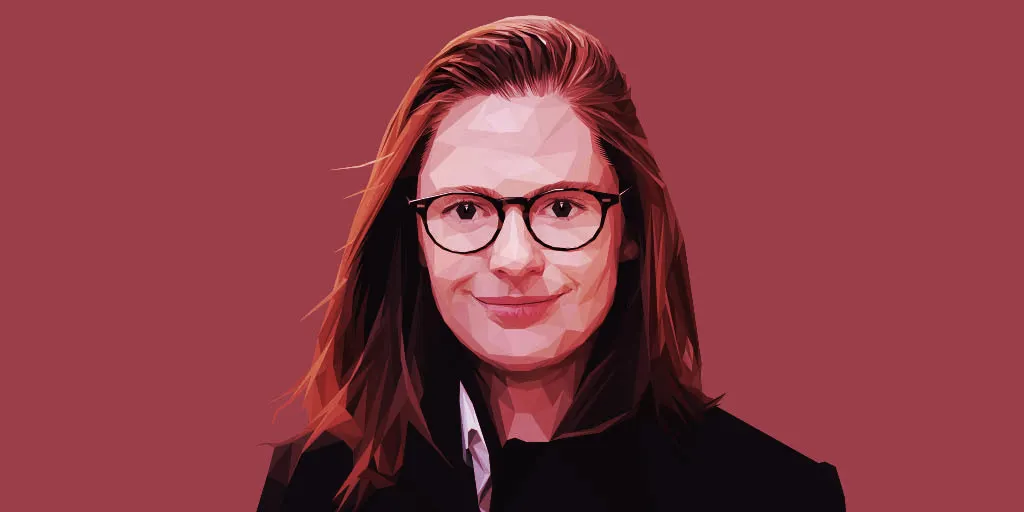Tezos Co-Founder Kathleen Breitman says many Decentralized Autonomous Organizations remind her of middle school.
“The way I see most of these DAOs fail, it’s like they basically act as a really crappy school project,” she said. “When I was in middle school, I was always the person who wound up doing the work in the school project, so I'm very sensitive to this dynamic.”
Breitman said a DAO can quickly devolve into one member taking a larger stake in the decision making process than their peers, and warned against putting people in a position of power that gives them the authority to overrule decisions once members of a DAO have weighed in.
Voting is one element of a DAOs function, but ratifying a measure that’s agreed upon is just as important, she said.
“If you don't have any sort of way to algorithmically or programmatically enforce the decisions made by the group, you're gonna wind up with just trading in one gregarious character for another,” she said on the latest episode of Decrypt’s gm podcast. “That's not a way to govern anything.”
A DAO is a flat business structure built on blockchain technology where individuals come together to make decisions through smart contracts—whether that be funding startups, buying NFTs, or even bidding on a historic print of the U.S. constitution.
They are sometimes described as "group chats with bank accounts" that run on Web3. Breitman agrees the governance process behind many Web3 projects can often be lackluster.
“A lot of blockchains and DAOs are run like suggestion boxes,” she said.
Baking decentralization into a Web3 project’s structure is key to its longevity, said Breitman, even if that means there’s no central figure that can capture widespread attention. She explained that enforcing decisions programmatically through votes with the Tezos ecosystem has kept people engaged.
“Because there actually is a consequence to your vote, and it's not just a suggestion box, people are automatically empowered,” she said. “I think it’s that empowerment that really leads people to engage in the process.”
Upgrades to the Tezos protocol put forth by developers are approved in votes by people who hold the cryptocurrency. The system is built in a way that prevents it from being susceptible to a hard fork, which happens when a contentious upgrade to a blockchain network causes it to diverge down two separate paths, such as what happened with Ethereum and Ethereum Classic.
Tezos is the 46th ranked cryptocurrency by market capitalization according to CoinGecko, with a collective market value of $924 million. It reached an all time high of $9.12 in October of last year and currently trades at $1.01 as of this writing.
Breitman asserted that many projects in Web3 are engaged in “decentralization theater,” representing themselves as entities that embody ideals central to crypto, yet prioritizing mass participation over growing communities in an organic way.
“We've had a lot of tourists in this space who have launched different tokens, and then they have these really aggressive programs that give high yields for people to participate in these ecosystems,” she said. “And at some point … the money box goes out because momentum stops building up.”
Listen and subscribe to the gm podcast wherever you get your podcasts.

